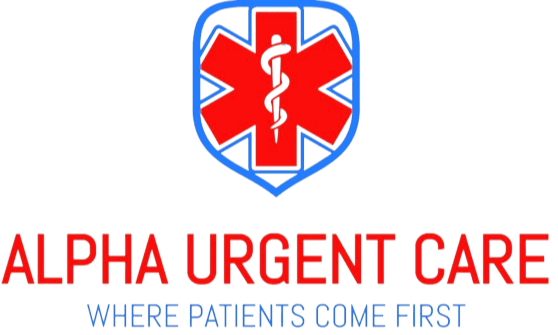Mycoplasma Pneumonia: What You Need to Know

Mycoplasma Pneumonia: What You Need to Know
Mycoplasma pneumoniae is a common cause of lung infections, often called "walking pneumonia." This type of pneumonia is usually mild but can still cause bothersome symptoms. Here's everything you need to know, explained in simple terms.
What is Mycoplasma Pneumonia?
Mycoplasma pneumonia is a lung infection caused by a tiny germ called Mycoplasma pneumoniae. Unlike most bacteria, this germ doesn’t have a cell wall, which makes it unique. It spreads easily in crowded places like schools, colleges, and military camps.
How Common Is It?
- Who Gets It? Mostly kids, teens, and young adults.
- How Does It Spread? Through tiny droplets when someone coughs or sneezes.
- When Is It More Common? Late summer and fall.
How Does It Affect the Body?
This germ attaches to the lining of your airways, causing irritation and inflammation. It can also trigger your immune system, which sometimes leads to symptoms beyond the lungs.
Symptoms to Watch For
- Mild Symptoms at First: Tiredness, sore throat, and headache.
- Lung Symptoms:
Dry cough that won’t go away.
Mild fever.
Wheezing or noisy breathing. - Other Possible Symptoms:
Skin rashes.
Anemia (low red blood cells).
Nerve problems (rare).
How Do Doctors Diagnose It?
- Your Story Matters: Doctors listen to your symptoms and ask about your environment.
- Lab Tests:
PCR test: Best way to find the germ.
Blood tests: Look for signs of infection. - X-rays: Show mild lung changes that might not match how sick you feel.
How Is It Treated?
- First-Choice Antibiotics:
Azithromycin or other macrolides. - Other Options:
Doxycycline for older kids and adults.
Fluoroquinolones if needed, but only in special cases. - Feeling Better: Rest, drink fluids, and take medicines to lower fever.
Can It Be Prevented?
- Simple Habits:
Wash your hands often.
Cover your mouth when you cough or sneeze. - Avoid Crowds: Especially during outbreaks.
- Vaccines: Unfortunately, no vaccine is available yet.
What Happens Next?
Most people recover fully in a few weeks with proper treatment. However, some may take longer, especially if there are complications like severe lung problems or other body issues.
Why It Matters
Mycoplasma pneumonia may be mild, but it’s still important to catch it early and treat it right. Knowing the signs can help you or your loved ones avoid complications and feel better faster.
Key Points to Remember:
- Dry cough and mild fever are common symptoms.
- It spreads in crowded places like schools.
- Early treatment with antibiotics can prevent complications.
Get in Touch
Quality Medical Care for You
If you or a loved one is experiencing a severe medical condition, including chest pains, severe bleeding, or broken bones, please visit the nearest hospital emergency room for immediate assistance.
Contact us today to learn more about how Alpha Urgent Care can help! We look forward to seeing you soon.
